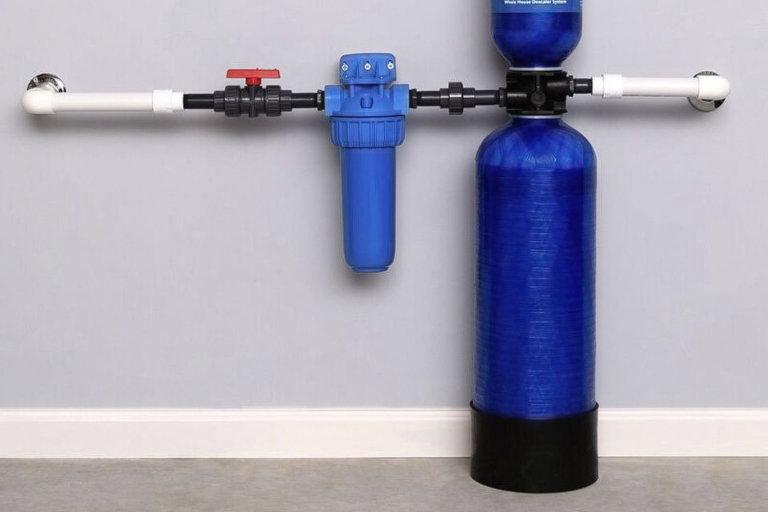- What’s the contrast between a degree and a certificate?
A degree is a scholarly qualification granted by a school or college in the wake of finishing a conventional program of review, regularly requiring quite a long while. A confirmation is an expert capability that shows specific information or abilities in a specific field, normally procured through transient courses or tests.
- Which choice is better for professional success: a degree or a confirmation?
It relies upon your profession objectives. A degree is in many cases vital for positions requiring advanced education or positions of authority, while a confirmation can improve your mastery, make you more serious in unambiguous ventures, or lead to specific jobs without the time responsibility of a degree.
- What amount of time does it require to procure a degree contrasted with a confirmation?
A degree normally requires 2-4 years for a partner or unhitched male’s, and up to 6+ years for postgraduate educations like an expert’s or doctorate. A certificate can be finished in half a month to a while, contingent upon the program’s force and the topic.
- What is the expense contrast between a degree and a confirmation?
A degree is by and large more costly, with costs including educational cost, charges, and conceivably course readings or convenience. Interestingly, confirmations are commonly more reasonable, with expenses for courses or tests as a rule being a negligible part of the expense of a degree.
- Which choice is better if I have any desire to switch professions?
In the event that you’re hoping to switch professions, a certificate might be a speedier and more practical choice to acquire pertinent abilities and qualifications for another field. Notwithstanding, in the event that the vocation change requires more essential information, a degree may be important.
- Are affirmations perceived as important as degrees by businesses?
Certificates are progressively perceived by businesses, particularly in fields like IT, medical care, money, and task the board. They can flag skill and a guarantee to constant learning. In any case, for specific jobs or enterprises (e.g., the scholarly community or designing), a degree might in any case be more significant.
- Could a confirmation at any point assist me with progressing in my present place of employment?
Indeed, a certificate can show skill in a particular region and possibly open up open doors for advancements or sidelong moves inside your ongoing organization. It can likewise improve your resume and increment your procuring potential without expecting you to get back to school for a degree.
- Do certificates hold long haul esteem, or do I have to seek after a degree for enduring vocation development?
Affirmations can hold long haul esteem on the off chance that they are applicable, perceived, and refreshed routinely. Notwithstanding, certain fields might require degrees for supported profession development or to fit the bill for higher positions. By and large, accreditations supplement degrees, taking into account both particular abilities and wide information.
- How can I say whether a degree or confirmation is ideal for my industry?
Research your industry and converse with experts in your field to comprehend what capabilities are generally esteemed. A few ventures put a higher charge on degrees (e.g., regulation, medication), while others focus on confirmations (e.g., innovation, computerized showcasing, development).
- Could I at any point seek after both a degree and certificates simultaneously?
Indeed, numerous experts seek after a degree and procure certificates at the same time. For example, somebody seeking after a software engineering certification could likewise get confirmations in unambiguous programming dialects or network protection. This mix can upgrade both wide information and specific abilities.
Picking either a degree and a certificate relies upon your profession objectives, the time and monetary assets you have, and the necessities of the business you’re focusing on. The two choices can give significant open doors relying upon your singular conditions.
















